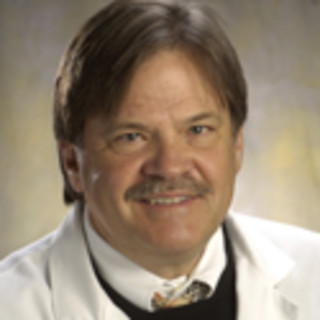
Browsing through the archives of Intima: A Journal of Narrative Medicine, I found an essay that talks about the give and take of clinical experience between doctors and patients from different cultures: Nita Bhatia’s essay “Medicine and Cultural Competency: What Anthropology Can Teach Us” explores the ways that a busy clinician can be culturally competent, not simply aware of oversimplified do’s and don’ts often provided to doctors.
The essay warns that a few training sessions would lead to essentialist and reductionist ideas and not transform the physician into a culturally competent physician.
What to do?
In 1927, in his lecture to Harvard medical students, the terminally ill Francis Peabody, MD, provided the answer: “The secret in caring for the patient is in caring for the patient.”
I would like to be more sophisticated in my caring, but I am busy taking care of patients from different races, cultures, and creeds. My patients and colleagues have become quite diverse. Courses on cultural awareness would be very much appreciated and interesting but are not widely available or convenient. So, until I become well acquainted with several different cultures, I, out of necessity, must default to being kind and acting like a gentleman.
An example comes to mind. I was asked to consult on a Muslim youth, who was stricken with terminal cancer. I could have obtained all I needed to know from the aseptic, soulless computerized medical record, but instead I took a time-consuming, tedious history through a translator on Skype. The family was present. This was very important in the establishment of trust.
They thanked me. The men shook my hand, and when I extended my hand to one of the women, she kept her hand at her side. I realized this was a cultural faux pas.
It also breaches gentlemanly conduct, for Emily Post etiquette dictates that a gentleman never extends his hand to a lady unless she extends hers first.
She smiled at me. I smiled back — lesson learned, lesson remembered.
“Smile at me, I will understand because that is something everybody in the world does in the same language.” (Crosby, Stills and Nash)
Despite our differences, we have a shared humanity that in the intense medical drama transcends all — and should excuse much if done from the heart.
A version of this piece originally appeared in The Intima, a journal of narrative medicine.
Olaf Kroneman, MD, is a nephrologist at Henry Ford Hospital. He graduated from the Michigan State University College of Human Medicine, interned at the Mayo Clinic in Rochester, Minnesota, then attended the University of Virginia to complete a residency in internal medicine. He completed a fellowship in nephrology at Massachusetts General Hospital and Harvard Medical School. His work has appeared in literary magazines. He is also a 2018–2019 Doximity Author.







